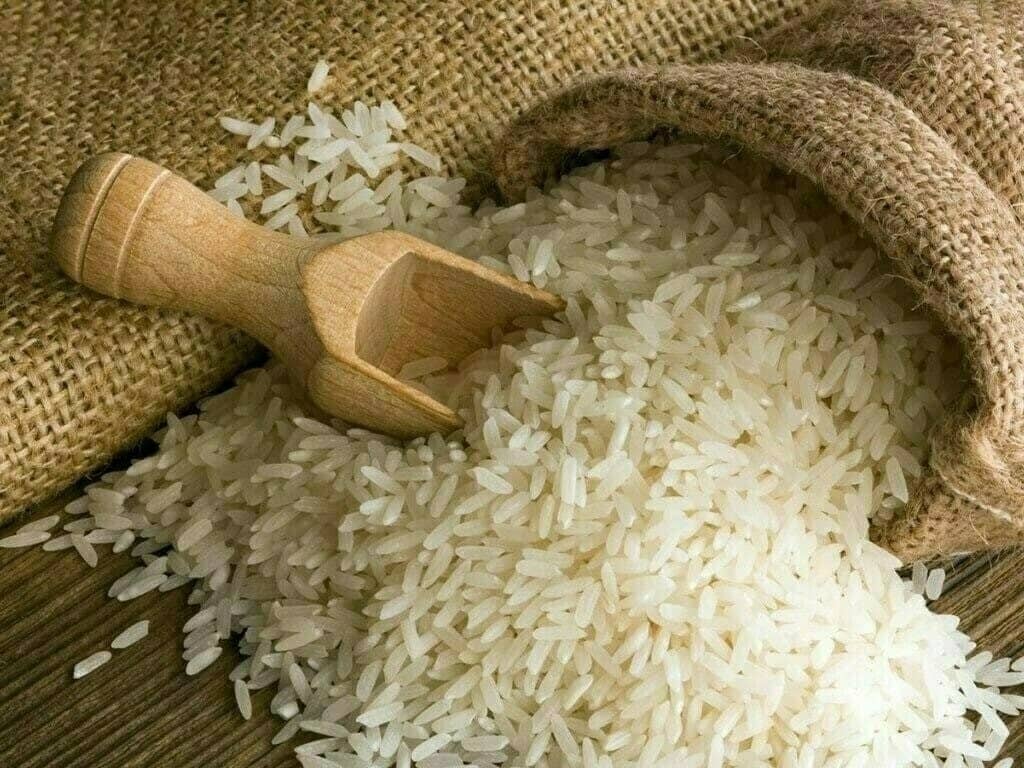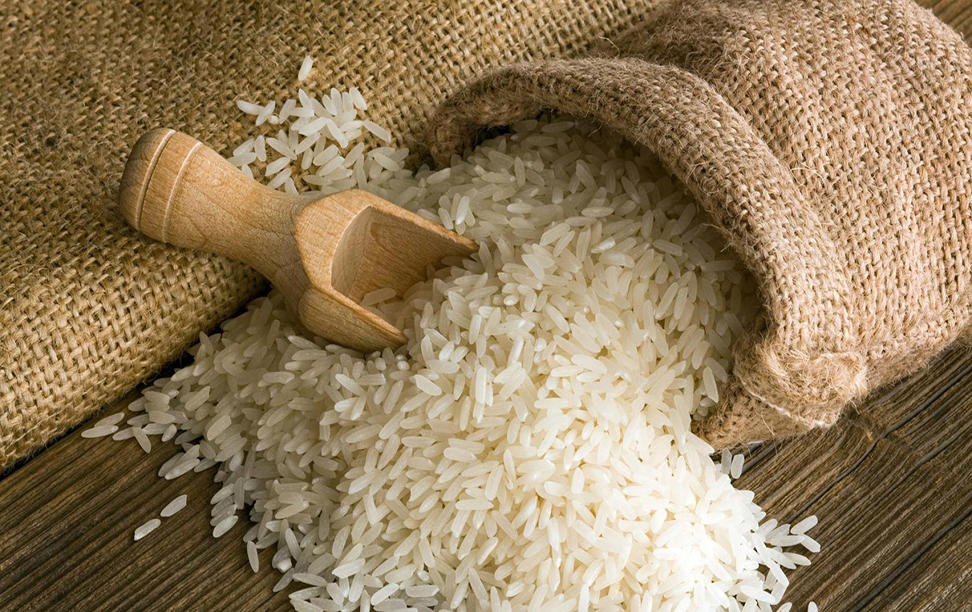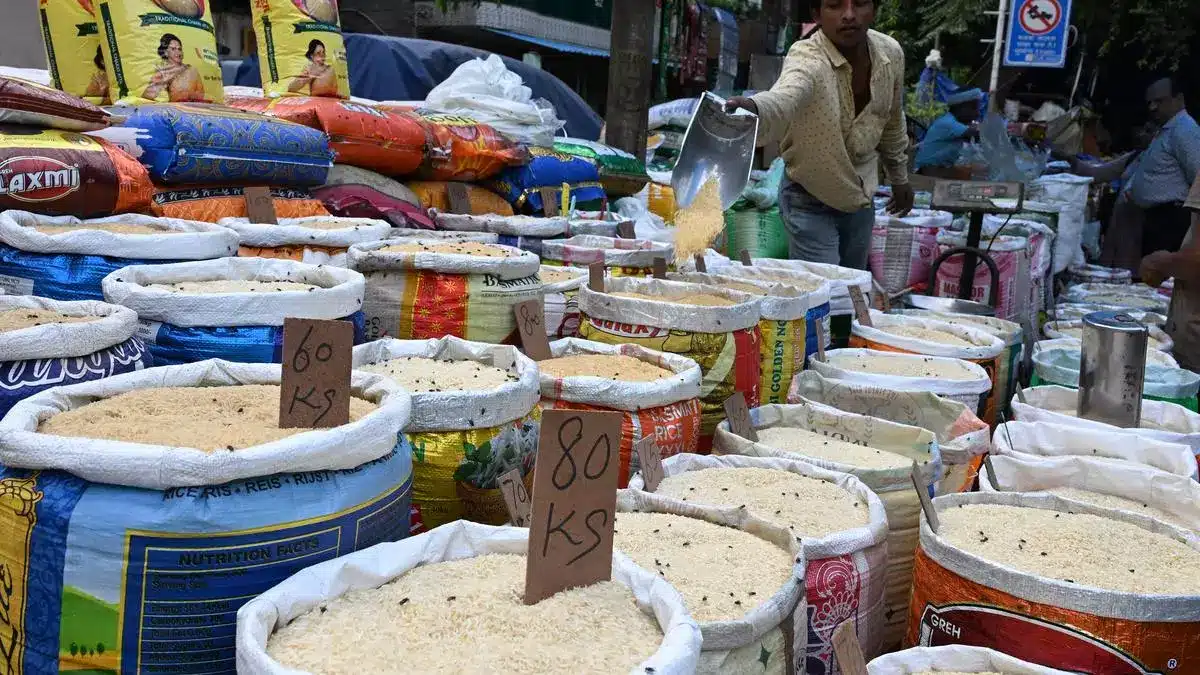Tags
Nigeria as top rice importer
The report adds:“Global rice trade in the calendar year 2024 is projected at 52.85 million tonnes (milled basis)

NIGERIAN leaders are notorious for their empty posturing, apparently to excite passions. They habitually pontificate on poverty alleviation, among other things, but the vast majority of Nigerians remain trapped in poverty, being victims of their hollow promises and declarations of intent. For some time now, the Federal Government has exulted in a supposed rice revolution, but indications are emerging to confirm what Nigerians had known all along: that it was only purveying the same fake news it likes to harangue critics about. That is why, going by the latest Rice Outlook report by the Economic Research Service of the United States Department of Agriculture (USDA), Nigeria is projected to import 2.1 million metric tonnes of rice in 2024, a move projected to make it the top rice buyer globally. According to the report, the global rice trade will hit about 52.85 million tonnes (milled basis) by 2024, with more exports expected from Brazil and South Korea, and more imports expected from Burkina Faso, Indonesia and Nigeria. The report adds:“Global rice trade in the calendar year 2024 is projected at 52.85 million tonnes (milled basis), up by 345,000 tonnes from the previous forecast but 460,000 tons smaller than the year-earlier revised forecast of 53.3 million tons. Export forecasts for 2024 are raised for Brazil and South Korea, while import forecasts are raised for Burkina Faso, Indonesia, and Nigeria.”
In a move reminiscent of the groundnut pyramids that once symbolised the era of abundant agricultural produce, the then Federal Government unveiled a rice pyramid at the Federal Capital Territory (FCT), Abuja, in January 2022, ostensibly to demonstrate to Nigerians that the efforts by the Muhammadu Buhari administration to improve food production in the country had begun yielding results. As we noted, however, if the government intended to reawaken the citizenry’s consciousness to the country’s past exploits in agricultural production and the imperative of reenacting the good old days when Nigeria and Nigerians made fortunes from the sale of farm produce, that should not have been done by building a rice pyramid in the FCT for a photo-op, especially given that the groundnut pyramids that the Federal Government was apparently nostalgic about were not simulated, but happened as a matter of course, and out of planned and purposive farm production and the need to stack the produce in proximate locations for ease of transportation to the seaports for exports. We added that the most pragmatic way to demonstrate that its policy on food production was yielding results was to flood the markets with quality local rice at a price that is markedly lower than that of foreign rice. That did not happen.
If anything, the latest report by the USDA, which completely validates our position, shows that Nigerian leaders are not sincere. The Buhari administration’s rice pyramids are nowhere in sight at the moment, with Nigeria projected to import 2.1 million tonnes of rice in 2024 because of sustained demands for imported rice due to the high cost of locally produced rice and its typically poor quality. While Nigeria flounders, its neighbor, Benin Republic, is the only African country on the list of countries with increased rice production, with its harvested area up 10,000 hectares. The Central Bank of Nigeria (CBN) recently lifted the ban on imports of certain items, including rice, but Nigeria certainly should be able to produce the rice it eats. The reality, however, is that weaker rice production is expected in the country in 2024, no doubt because of the pervasive insecurity that has made farming a risky vocation.
Related PostsNeed for rehabilitation of Eleyele-Ologuneru, Onireke-Alapata-Akobo roads in Oyo StateSGORL accelerates action to tackle plastic pollutionImo guber: LP storms INEC office over delayed release of CTC
Beyond the obvious danger of food insecurity, there is the utter shame of Nigeria potentially becoming the biggest importer of rice in the world even as there is no weather disaster affecting the country. Nigeria has arable land and a strong population of more than 200 million people, yet it is not able to achieve the production of enough agricultural items, including rice, to feed itself. Why is it so difficult for production to be purposely enhanced across the country for all critical agricultural items instead of the cheap recourse to the importation of rice and other items? Would Nigeria be able to import from other countries if those countries had not produced more than enough to feed themselves before earmarking the surplus for export? The government surely has to recognise the unsustainability of the current situation of the dearth of required food items in the country and the reliance on imports to feed the people, especially as the food items being imported could be produced in the country.
The government has a responsibility to focus on how to ensure a healthy return to maximum production of agricultural and food items in the country by solving the security problem militating against farmers’ full engagement on their farms. It should also give them incentives to increase production. There is really no joy in this hazardous reputation of being the largest importer of rice in the world.
https://www.zawya.com/en/world/africa/nigeria-as-top-rice-importer-f6ijebbpPublished Date: November 21, 2023







